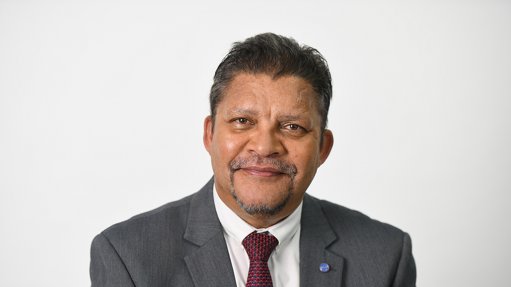
Chris Campbell
Consulting Engineers South Africa (Cesa) on Tuesday released its Bi-Annual Economic and Capacity Survey (BECS) findings, revealing a stark 22% decline from July to December of 23, marking the lowest level since 2019, at 32.
The ongoing downturn persisted into early 2024, dropping further to 30 amid political uncertainty, corruption, and infrastructural constraints, according to Cesa.
The organisation’s latest survey sheds light on significant trends and challenges within South Africa’s engineering and construction sectors for the latter half of 2023.
Cesa CEO Chris Campbell emphasised the critical role of business confidence in driving investment growth.
“Higher levels of business confidence are crucial for investment growth, regardless of interest rates or financing accessibility. A sustained recovery to a neutral level of 50 or higher is necessary to bolster investment levels,” he stressed.
The survey underscored the troubling trend of project cancellations, with 41% of respondents reporting tender cancellations in the last six months of 2023, up from 31% in June 2023. Reasons cited ranged from economic uncertainties and budget constraints to community interference and skill shortages, Cesa pointed out.
Campbell warned of significant financial impacts from these cancellations, particularly affecting smaller firms that lacked resources to absorb such losses.
“Project cancellations have a detrimental impact on the sector, particularly on smaller firms that cannot easily absorb these losses. It is imperative to address these issues to stabilise the industry and maintain project momentum,” Campbell averred.
Despite these challenges, the survey reported an average 7% year-on-year increase in consulting fees in 2023, with a notable 10% growth in the second half of the year, largely driven by private-sector demand.
However, earnings from national and local government saw a decline, highlighting a dependency on private-sector initiatives to sustain growth.
Looking ahead, the outlook remains mixed for the first half of the year. Larger firms expect earnings to stabilise, while medium-sized firms anticipate a modest increase of 5% to 7%.
The order book to income ratio indicated potential future demand softness, contrasting with reported improvements among medium-sized firms, Cesa noted.
The survey also highlighted a notable increase in private-sector investment, particularly in critical economic infrastructure such as electricity, water, rail and ports. Fixed investment grew by 4.2% year-on-year in 2023, with the private sector contributing an average 5% increase over the past two years.
In contrast, investment by State-owned enterprises declined by 1.8%, following an 8.2% drop in 2022.
Cesa emphasised that the findings of BECS underscored the need for sustained investment in South Africa’s critical economic infrastructure. While acknowledging positive signs from increased private-sector involvement, Cesa stressed persisting challenges such as low business confidence, high project cancellation rates, and uneven earnings growth.
“The path forward requires a concerted effort from both the public and private sectors to ensure a steady pipeline of projects, fostering job creation and economic stability. Our improved outlook suggests increased activity in infrastructure design and planning, but the real challenge lies in executing these projects to drive sustained economic growth,” Campbell explained.